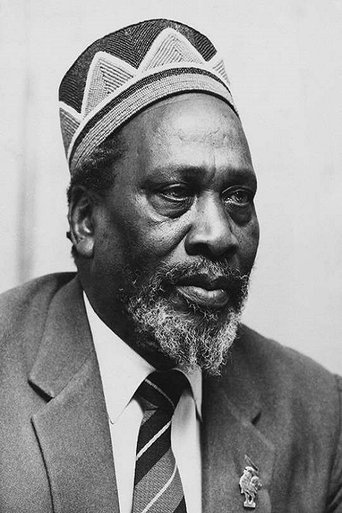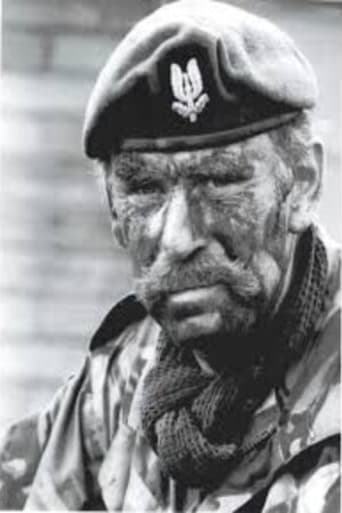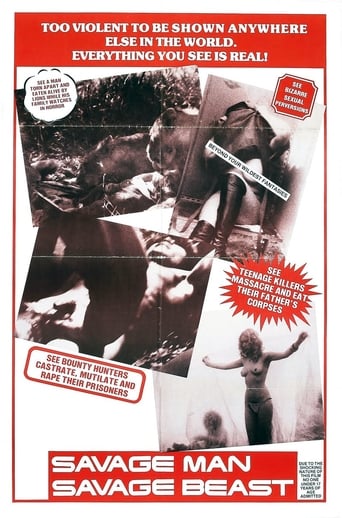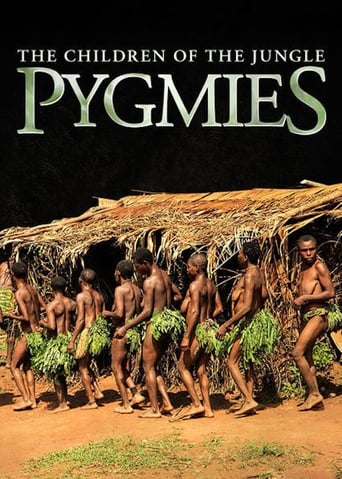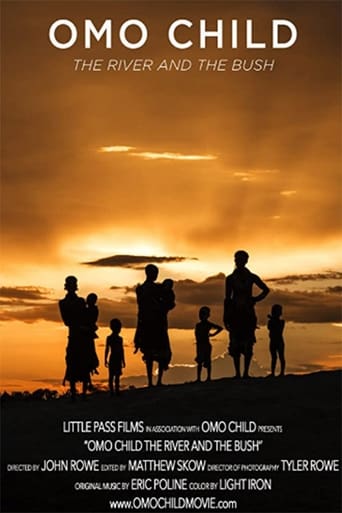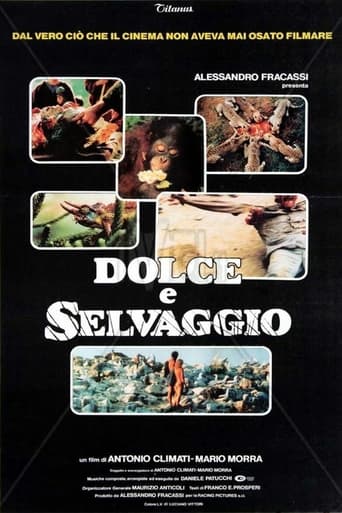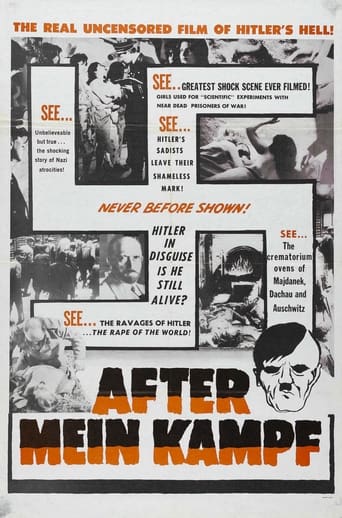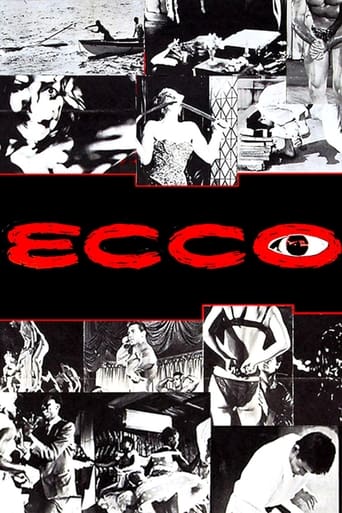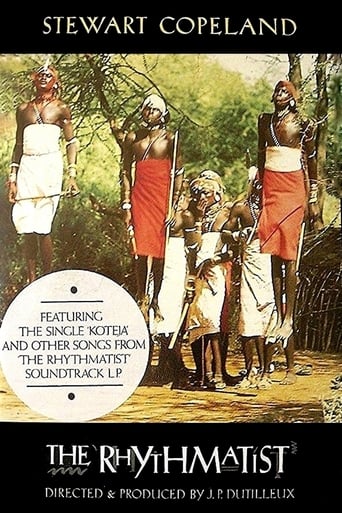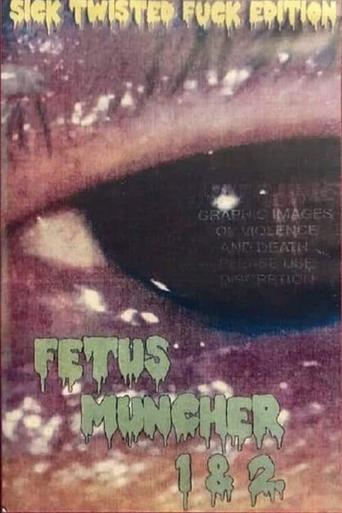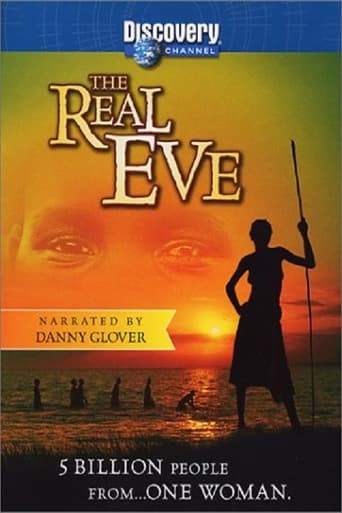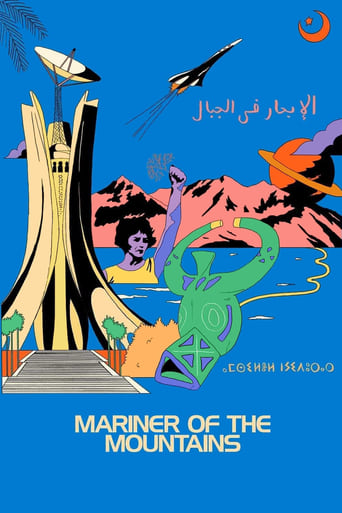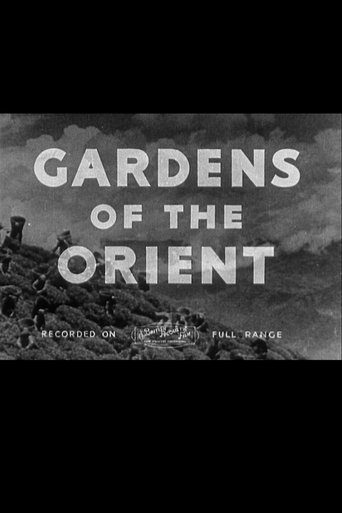
Africa Addio (1966)
A documentary about the end of the colonial era in Africa, portraying acts of animal poaching, violence, executions, and tribal slaughter.
- Gualtiero Jacopetti
- Franco Prosperi
- Gualtiero Jacopetti
- Franco Prosperi
Rating: 6.3/10 by 38 users
Alternative Title:
Africa: Blood and Guts - US
Adieu Afrique - BE
Vaarwel Afrika - BE
África, Adeus! - BR
Сбогом, Африка - BG
Africa ¡Adiós! - CO
Farvel til Afrika - DK
Hyvästi, Afrikka! - FI
Afrika, adjö! - FI
Adieu Afrique - FR
Afrika adio - GR
Africaddio - IT
Vaarwel Afrika - NL
Farvel, Afrika! - NO
África, Adeus - PT
Прощай, Африка - SU
Africa addio - SE
Farewell Africa - GB
Adiós África - ES
Country:
Italy
Language:
Italiano
Runtime: 02 hour 18 minutes
Budget: $0
Revenue: $0
Plot Keyword: africa, congo, mercenary, cane, colonialism, mondo, colonization, shockumentary
AFRICA ADDIO (1966) is a difficult work to evaluate. Released at a time when most major media resources were focused on the Vietnam War, co-directors Gualtiero Jacopetti and Franco Prosperi were among a very, very small group of people documenting the unrest which accompanied the decolonization of Africa. More than 50 years after its release, this is still a brutally graphic film: human death is captured on camera, up-close and unsimulated; hippopotami and elephants are attacked with spears until they resemble living pin-cushions, only expiring after suffering prolonged and agonizing brutality; human remains litter rural fields and city streets like so much discarded waste. There are several scenes where the audio appears to be altered to present the on-screen activity in a manipulated context, which was a technique employed in both MONDO CANE (1962) and MONDO CANE 2 (1963). Charges that the filmmakers were actually complicit in staging some of the death scenes led to a court case in Italy, where they were eventually acquitted. But being critical of a mondo movie for employing deception is like being critical of a baker for employing yeast; it's one of the tools at the creators' disposal. Understanding that the mondo genre in general was more concerned with titilation and shock than in absolute narrative truth will go a long way in explaining why Jacopetti and Prosperi may have felt the need to alter already potent footage: they weren't aspiring documentarians, but rather talented grindhouse purveyors who found themselves in the right place at the right time.


